“New fertilizer”
In the rice fields and fruit orchards of the West, farmers no longer only care about planting and harvesting as they have for generations, but also learn how to “grow data”. Every step of land preparation, fertilization, pest control, and harvesting is recorded in an electronic diary. Each shipment has a QR code, helping to trace the origin transparently from field to table.

Ms. Le Ngoc Hien - owner of Peace Farm in Vinh Long province is sharing techniques for growing melons .
This is an important step forward in digital transformation in agricultural production, where businesses and farmers work together to build a digital value chain. The MRV system (measuring and reporting greenhouse gas emissions) is applied, and farmers are instructed on how to use management software and update data in real time.
QR coding is more than just a fancy label. It is the “key” that opens the door to high-end markets, where buyers demand transparency and certification of strict standards. If not met, agricultural products can be rejected right at the import stage, causing not only economic damage but also reputational damage.
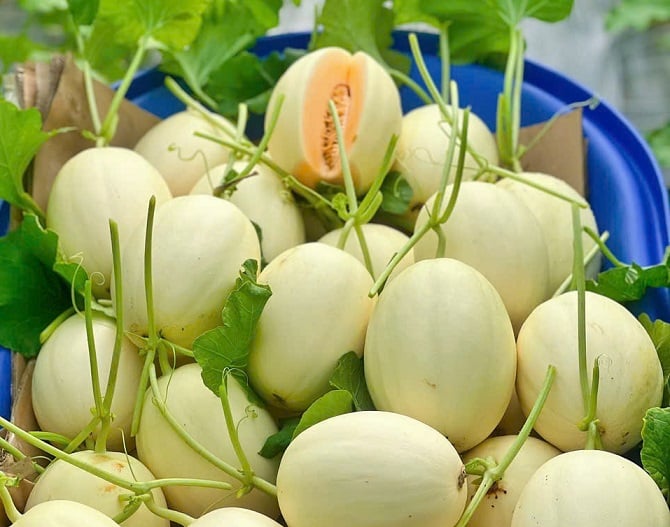
Harvesting high quality melons at Peace Farm.
If in the past “fertilizer” was a physical substance that fed plants, now data is the “spiritual fertilizer” that nurtures trust and value. Many cooperatives and small businesses in the Mekong Delta have pioneered the use of IoT devices to measure soil pH, humidity, detect pests, and manage growing areas by phone. Production logs, images, and agricultural extension are all stored electronically, helping processing businesses easily verify the origin and reduce the risk of returns due to violations of standards.
However, the journey to digitize agriculture still has many barriers. In remote areas, network infrastructure is weak, initial investment costs are high, and technology usage is limited. Many farmers are still worried about losing control of data or having to bear "invisible costs" that are difficult to measure. However, these first steps are gradually proving that digital transformation is no longer an option, but an inevitable path for Western agriculture to stand firm and make a breakthrough.
Peace Farm - digital agriculture vision
In Vinh Long province, Ms. Le Ngoc Hien's Peace Farm is a typical example of applying digital technology to agricultural production.
“Previously, watering was done manually, and the amount of water could not be controlled, leading to a waste of electricity and resources. Now, thanks to sensors and automatic irrigation systems, we can adjust the amount of water and fertilizer for each stage, everything is operated remotely via phone,” Ms. Hien shared.
Thanks to technology, farms save significantly on costs and labor, while improving farming efficiency. Temperature and humidity sensors help determine irrigation needs accurately, avoiding the "intuitive irrigation" situation of the past. For high-value crops, technology also allows detailed nutritional control of nitrogen, phosphorus, potassium and automatically adjusts fertilizer amounts when deficiencies are detected.
However, according to Ms. Hien, investment in technology needs to be carefully calculated. “If growing melons only brings in an economic value of less than 100,000 VND per kilo, then investing in equipment worth billions of VND is not appropriate. Technology must be 'affordable' and meet production needs,” Ms. Hien said.
Digital transformation is an irreversible trend, but farmers need to understand and master technology, avoiding investing in trends.

Ms. Le Ngoc Hien is checking the nutrition of each melon plant at the farm.
Ms. Hien also emphasized that farming, even with the support of technology, still requires "skill" and observation. Machines can control irrigation, but only farmers can understand what the plants need, whether they are healthy or weak. Farming cannot be done by just "sitting and pressing buttons".
The Mekong Delta is qualified to become a key digital agricultural region of the country, from large output, production experience, to cooperative spirit. But to turn potential into reality, it needs synchronization in digital infrastructure, electricity - telecommunications, equipment investment policies, digital human resource training and a legal framework to protect farmer data.
When data is collected, managed and shared transparently, Mekong Delta agricultural products can not only meet international standards, but also reach niche markets - organic, green, low-emission, where consumers are willing to pay a premium for transparency and sustainability.
The rice fields in the West are transforming, from low-lying rice fields, salty fields to riverside orchards, all are being “activated” by technology. QR codes, data, IoT or digital collaboration are not just tools, but seeds paving the way for the future. And when the government, businesses and farmers join hands, data will not only be “new fertilizer”, but will become the lifeblood that nurtures the future of Vietnamese agriculture.
Source: https://doanhnghiepvn.vn/chuyen-doi-so/-trong-du-lieu-tren-nhung-canh-dong-cong-nghe/20251017032350438










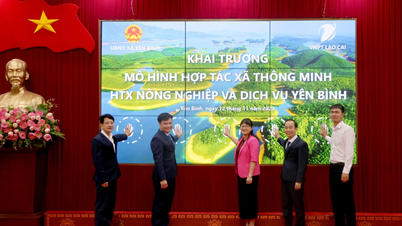



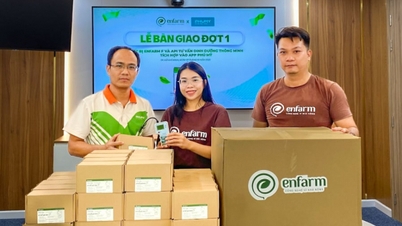

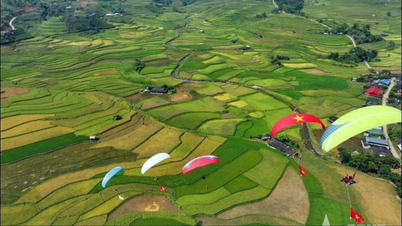
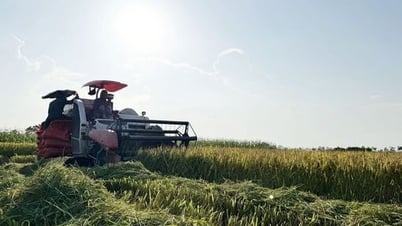



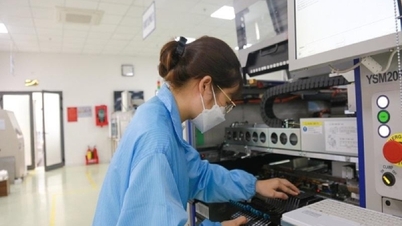
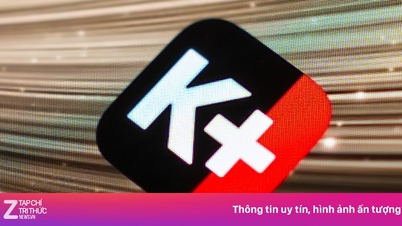


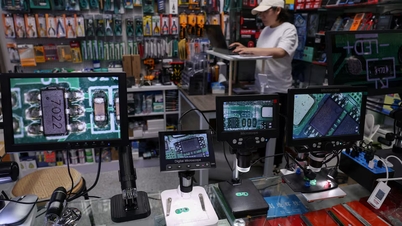






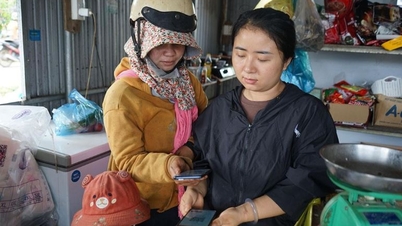

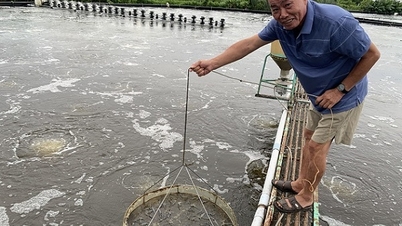
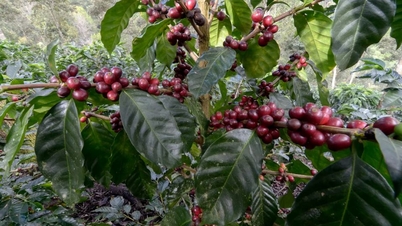
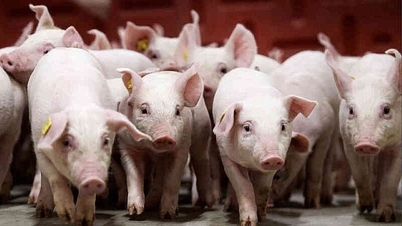
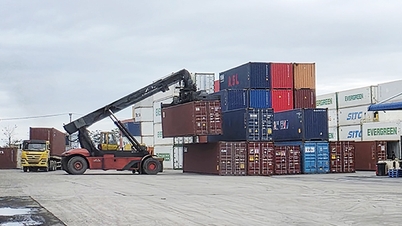
![[Photo] Parade to celebrate the 50th anniversary of Laos' National Day](/_next/image?url=https%3A%2F%2Fvphoto.vietnam.vn%2Fthumb%2F1200x675%2Fvietnam%2Fresource%2FIMAGE%2F2025%2F12%2F02%2F1764691918289_ndo_br_0-jpg.webp&w=3840&q=75)












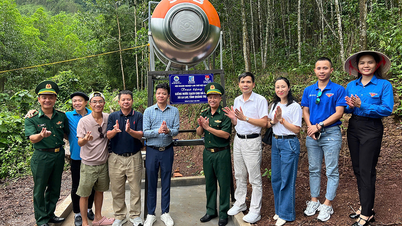















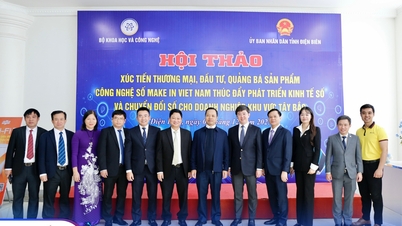








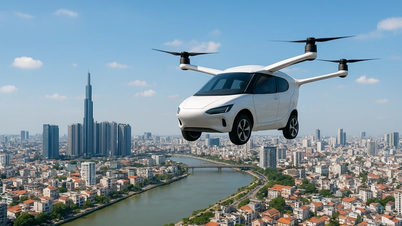

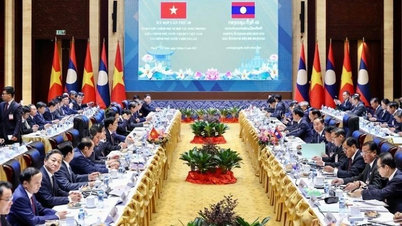


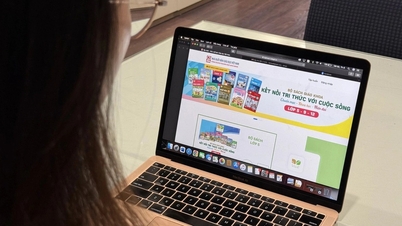

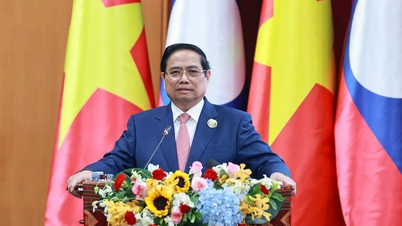









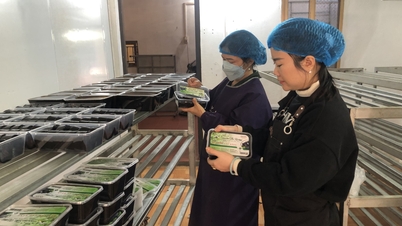

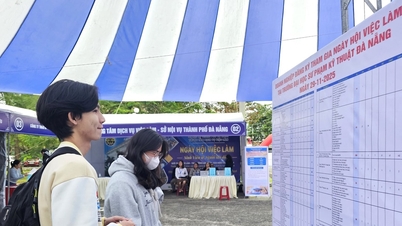

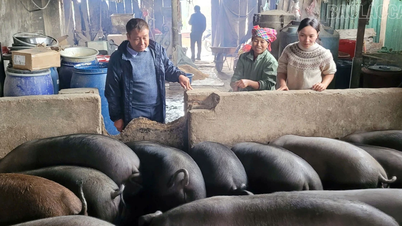
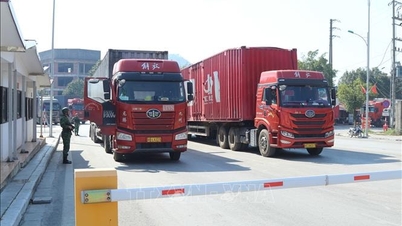

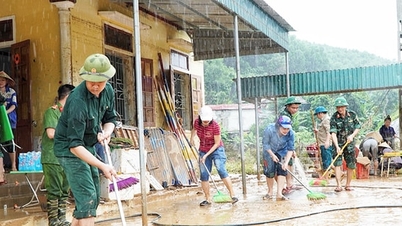













Comment (0)